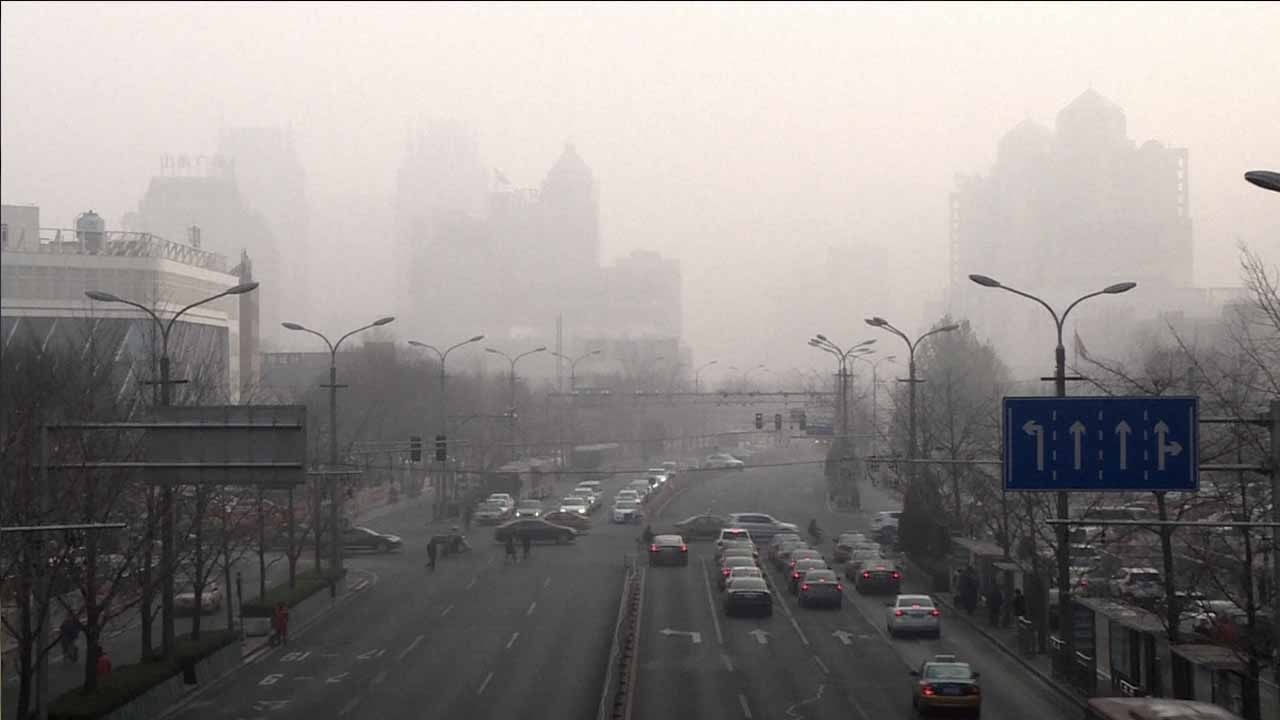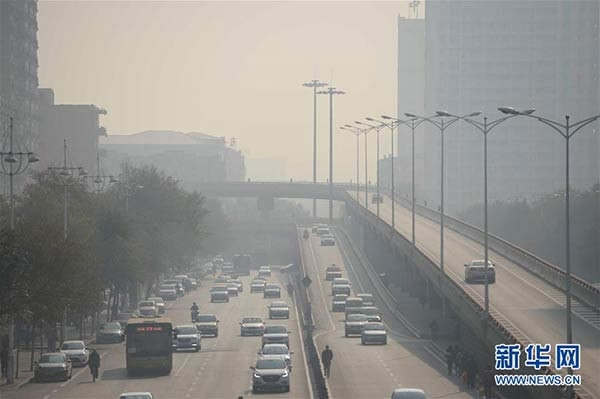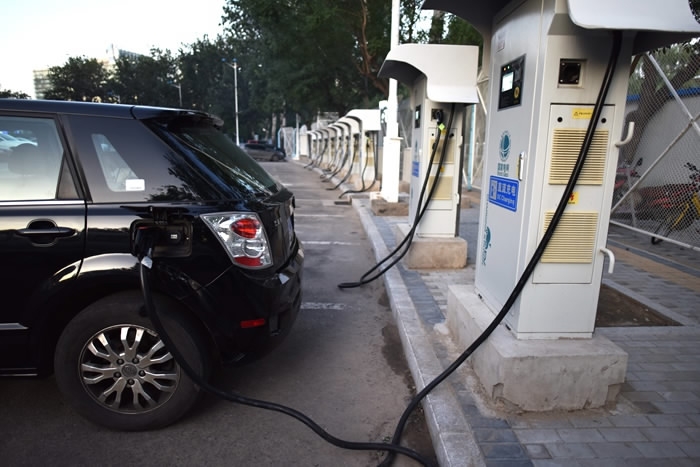
China
14:36, 13-Sep-2017
China Footprint: Smog forcing people to leave big cities?
By Jim Spellman, Andrew Smith, Hu Ying

Masks and air purifiers are two "musts" that most people in China's major cities have. From the latest report released by the Ministry of Environmental Protection, the air quality of cities in the north, especially those in Hebei Province, remain the worst around the whole country.
China is under pressure this year to meet important air quality targets – to cut 2012 levels of PM2.5 by more than a quarter in the Beijing-Tianjin-Hebei region and bring the average density of PM2.5 down to 60 micrograms per cubic meter in Beijing.
With a diameter of less than 2.5 micrometers, PM2.5 is the particulate matter that causes hazardous smog.

Beijing has set ambitious targets to improve its air quality. /Xinhua Photo
Beijing has set ambitious targets to improve its air quality. /Xinhua Photo
Better life with family
What's more likely happening in China is many young people choose to leave big cities and work in small places with a better environment.
Yang Liu is one of them. She grew up in a small town near Changbai Mountain in northeast China. After living in big cities like Hangzhou and Dalian for a few years, she decided to move back home, looking for a cleaner environment for her family.
"Though for my children, the educational resources in this small town can't be as good as in big cities, we still prefer to stay here," said Yang.
She makes a living by making and selling honey, alongside her husband and parents. Their life is quiet and simple. Unlike many children in cities, her two children have never worn masks.

Yang Liu at her bee farm in a small town near Changbai Mountain in northeast China. /CGTN Photo
Yang Liu at her bee farm in a small town near Changbai Mountain in northeast China. /CGTN Photo

Beautiful view of the Changbai Mountain area in northeast China. /CGTN Photo
Beautiful view of the Changbai Mountain area in northeast China. /CGTN Photo
China committed to cutting emissions
Air pollution remains one of the most important and urgent issues in China, especially in its capital.
This summer, Beijing Environmental Protection Bureau inspected 96 private factories in its surrounding suburbs, finding 61 percent of them had illegal emissions – but only four were shut down.
Many strict restrictions have been imposed to reduce emissions as well, mainly focusing on the use of coal and motor vehicles.

Sales of electric cars in China have been growing rapidly, from less than 5,000 in 2011 to around 510,000 in 2016. /AFP Photo
Sales of electric cars in China have been growing rapidly, from less than 5,000 in 2011 to around 510,000 in 2016. /AFP Photo
China aims to hit the carbon emissions peak at around 2030, promising to make the best efforts to realize the target early, according to the country's intended nationally determined contributions (INDC) submitted to the Secretariat of the UN Framework Convention on Climate Change in 2015.
The country has set the target to cut carbon dioxide emissions per unit of gross domestic product (GDP) by 60 percent to 65 percent from the 2005 level by 2030.
Meanwhile, China's commitment to the Paris Climate Accord should lead to permanent carbon emissions reductions in the coming years.
Previous episodes:

SITEMAP
Copyright © 2018 CGTN. Beijing ICP prepared NO.16065310-3
Copyright © 2018 CGTN. Beijing ICP prepared NO.16065310-3